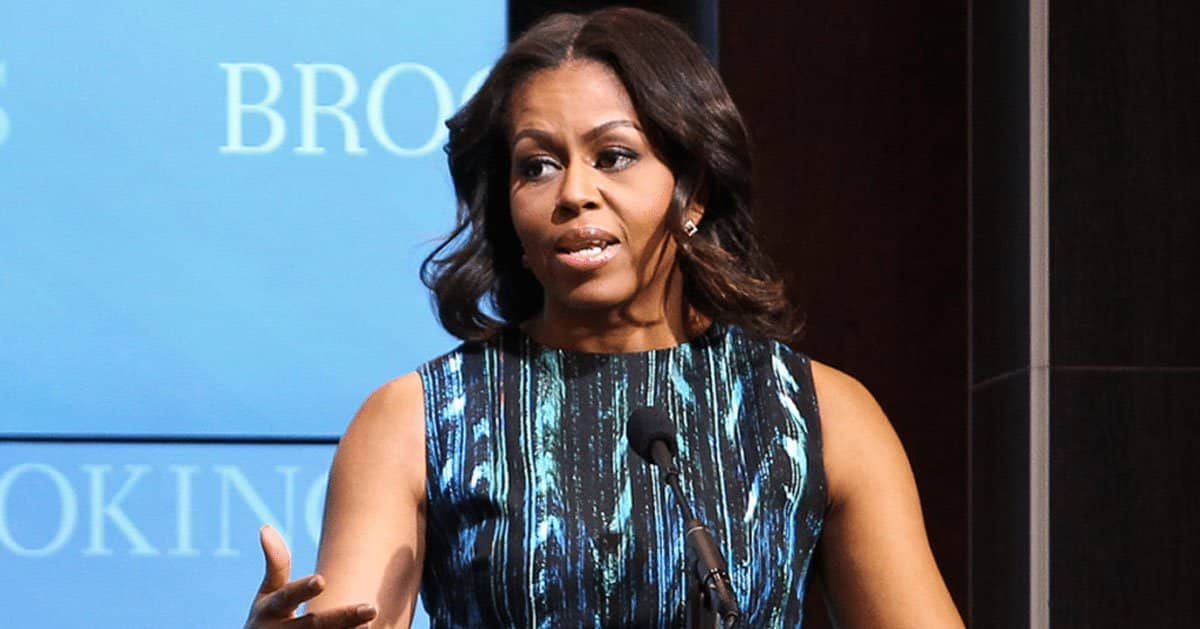







Terrorism’s shadow lingers, and Congress is stepping up. On the 24th anniversary of the Sept. 11, 2001, al Qaeda attacks, the House Permanent Select Committee on Intelligence launched a bipartisan review of the 9/11 Commission’s recommendations.
The New York Post reported that the committee, led by Chairman Rick Crawford, R-Ark., and top Democrat Rep. Jim Himes, D-Conn., will hold hearings starting next month to mark the 25th anniversary of the attacks next year.
The task force, chaired by Rep. Elise Stefanik, R-N.Y., and co-chaired by Rep. Josh Gottheimer, D-N.J., will scrutinize progress on intelligence reforms sparked by the 2004 report. It’s a rare bipartisan effort in a polarized age, but don’t expect cozy consensus—tough questions will fly.
The 9/11 attacks, which killed thousands, including hundreds in New Jersey, exposed gaping holes in our intelligence coordination. The National Commission on Terrorist Attacks Upon the United States, known as the 9/11 Commission, issued a landmark report in 2004 that led to the creation of the Office of the Director of National Intelligence.
Rep. Elise Stefanik, a proud New Yorker and senior committee member, will lead the review with a no-nonsense approach. “It is important that the intelligence community is equipped to counter terrorism over the next 25 years amid a quickly evolving landscape,” she said.
Her words sound patriotic, but the real test is whether this review avoids political grandstanding and delivers actionable results. Stefanik’s co-chair, Rep. Josh Gottheimer, brings New Jersey’s raw grief to the table.
“Twenty-four years after 9/11, we are still living with its aftermath — especially in New Jersey, where we lost hundreds of loved ones, friends, and first responders,” he said. His emotional appeal is heartfelt, but feelings alone won’t stop the next attack—let’s see if his policy chops match his rhetoric.
The review will dig into how well the intelligence community has implemented the 9/11 Commission’s recommendations. Since 2001, the Intelligence Community has undergone major reorganization, with new systems and protocols to prevent another catastrophic failure.
But “reorganized” doesn’t always mean “effective,” and this panel needs to root out any lingering bureaucratic fluff. The 9/11 attacks reshaped America’s security posture, as Chairman Rick Crawford noted: “The attacks on 9/11 fundamentally altered the security posture of the United States.”
He’s right, but the world has changed since 2001—new threats like cyberattacks and lone-wolf terrorists demand more than just old playbooks. Crawford’s call for vigilance is spot-on, but let’s hope it’s not just lip service to “never again.”
Crawford also emphasized unity in the wake of 9/11: “We watched Americans come together in unimaginable ways.” That unity feels like a distant memory in today’s woke-divided culture, where political correctness sometimes trumps practical security measures. The committee must focus on results, not platitudes, to keep Americans safe.
Rep. Jim Himes, the panel’s top Democrat, acknowledged the lasting pain of 9/11: “We are still reckoning with the aftermath of 9/11 — both in Connecticut, where so many lost neighbors, friends, and family members.” His focus on victims is noble, but his party’s occasional soft spot for overreaching civil liberties could muddy the waters of this review.
Himes also said, “In the years following the attacks, the Intelligence Community underwent substantial reorganization.” That’s true, but reorganization can be a buzzword for shuffling papers while threats evolve. The panel’s job is to ensure these changes actually work, not just check boxes for reform.
The Office of the Director of National Intelligence, created post-9/11, will face particular scrutiny. Its mission to coordinate across agencies was a direct response to the intelligence failures of 2001. If it’s not doing its job, this review had better expose it before another tragedy strikes.
Gottheimer added, “The pain of that day has never faded, and neither has our responsibility to honor the victims by preventing future attacks.” He’s not wrong, but his state’s progressive leanings sometimes prioritize feelings over hard-nosed security. This review needs to cut through any such haze.
Gottheimer also noted, “In the years since, following the 9/11 report, we have made critical improvements to our intelligence and homeland security systems.”
Improvements, sure, but the threat landscape—think radicalized lone actors or state-sponsored hackers—isn’t what it was in 2001. The committee must ensure our defenses aren’t stuck in the past.
Crawford warned, “We can never allow a failure to connect the dots to result in catastrophe ever again.” His urgency is refreshing in a Congress often bogged down by partisan squabbles. Let’s hope this task force delivers clarity, not more D.C. gridlock.



